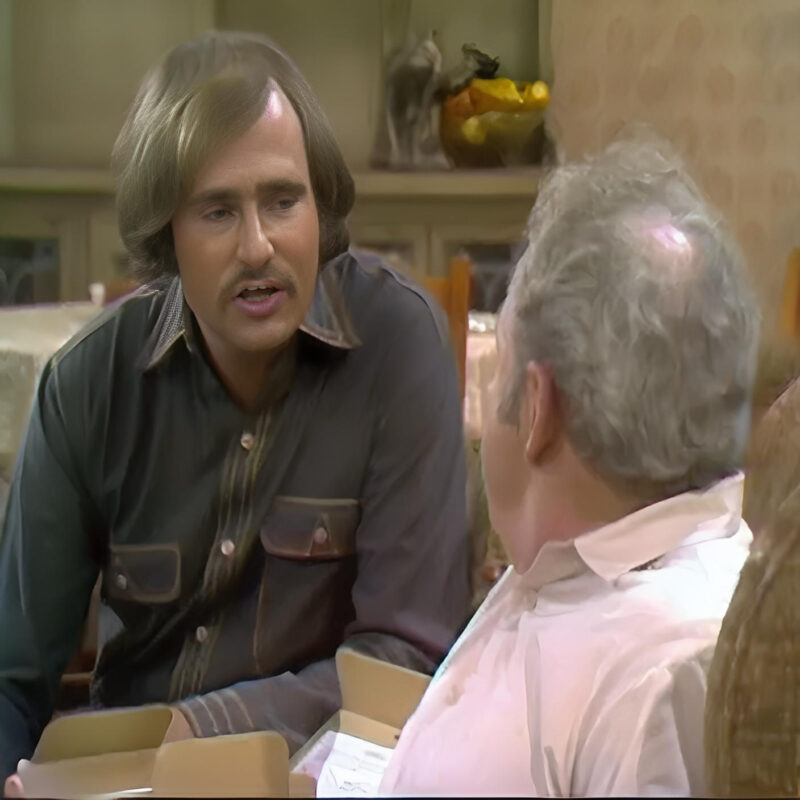
Television producer Norman Lear, known for his steadfast vision and creative integrity, refused to compromise on his iconic ’70s sitcom, “All in the Family.” Even when network executives tried to dictate his direction, Lear stood firm, ready to pull the plug rather than surrender his artistic control.
Creatives often face pressure to conform, driven by executives focused on profits and maintaining the status quo. Lear, who passed away on December 5 at the age of 101, was celebrated by the “All in the Family” cast and crew as a guiding light, inspiring them to tell genuine, relatable stories with unwavering dedication.
Breaking the Mold: Lear’s Commitment to Authenticity
Staying safe is easy; breaking boundaries takes courage. Lear shattered conventions with bold storytelling that resonated deeply with audiences. “The network at the beginning was horrified by topical humor,” Lear once revealed. “Don’t talk about Nixon because when we go into reruns and he isn’t around anymore the shows won’t sell.” But for Lear, it wasn’t about the politics; it was about the human experience. “You are watching a father and his son-in-law. The behavior is what is important.”
Lear’s focus was on real human emotions and behaviors. “In a medium where one sees too little of it, you can watch Edith and Archie relating and find something universal and interesting,” he mused.
Alan Wagner, former East Coast vice president of programming with CBS, highlighted Lear’s autonomy: “Nobody shaped Norman’s shows except for Norman. He was willing to listen to good advice from anybody. But he was not going to sit still to someone dictating to him things he didn’t believe in.”
Rob Reiner, who played Michael “Meathead” Stivic, noted Lear’s relentless drive for excellence: “He was more than anything the force that pushed us to be better. Norman would force us to want to dig deeper, always dig deeper, dig deeper. He wanted it to go further.”
A Bold Stand Against Network Pressure
“All in the Family” tackled subjects like faith, miscarriages, infidelity, racism, women’s rights, marriage equality, cancer, and sexual assault, often clashing with network executives who tried to impose limits. Lear consistently resisted, threatening to end the show if pushed too far.
The show ran for 205 episodes over nine seasons, a stark contrast to many modern programs that struggle to secure 20 episodes. Despite early uncertainties about its future, Lear’s unique vision proved indispensable.
“The first time or two there were threats of lawsuits,” Lear recalled. “I would say, ‘Back up the truck and take my house and furniture.’ But I knew they couldn’t take my wife and children.” Lear understood his worth and the irreplaceable value of his work. “All in the Family” became one of only three shows to top the Nielsen ratings for five consecutive TV seasons, alongside “The Cosby Show” and “American Idol.”
Norman Lear’s legacy is a testament to the power of unwavering dedication to storytelling and the impact of staying true to one’s vision. His work on “All in the Family” continues to inspire, proving that authenticity and courage can create timeless television.
